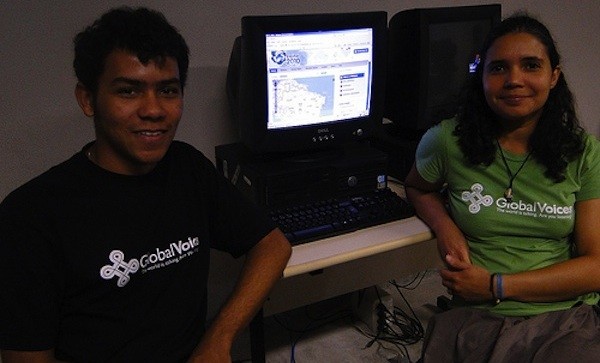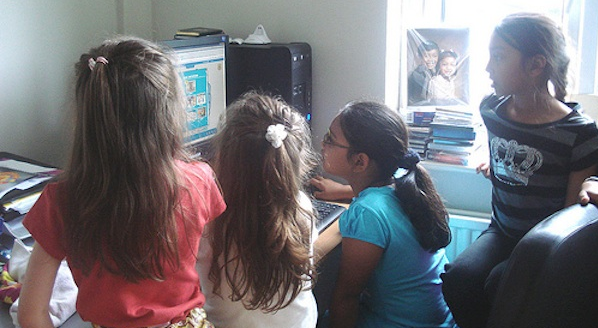dmlcentral.net
Brazilian Elections and Emerging Webcitizenship
Diego Casaes and Paula Goes from Global Voices Online have been instrumental in crowdsourcing efforts for the 2010 Brazilian elections.
Oct. 3 was Election Day in Brazil. About 135 million Brazilians voted (in Brazil, voting is compulsory) for their candidates for president, state governors, senators, federal and district deputies. However, these elections took place in a new context. It was the first time Brazilians experienced the Internet playing a significant role in the media coverage and in the election itself. All the candidates for president and most of the other candidates have had websites and Twitter accounts. The election saw the first online debate among presidential candidates in August. Several other debates were recorded and published on the Internet. And also, many citizen-created projects flourished, allowing voters to have a more active role in the elections.… more
Teens, Social Media, and Celebrity: Anatomy of an Incident
Recently, two Brazilian teenagers practicing sexting on Twitcam, became international news. More than 25,000 Twitter users watched the live transmission of the couple’s intimate moments. Copies of the video and screen shots quickly flooded other social networking sites. Several Twitter users who saw the images denounced the incident and it was reported to a local police chief. The police chief launched an investigation (all links in Portuguese) and contacted the boy, the girl, and their parents. The two teenagers (a 16-year-old boy and a 14-year-old girl) said the broadcast was the result of a wager. The boy subsequently posted a video on YouTube explaining that the act was consensual: “We exposed ourselves this way because we made a bet and she lost it.” The live broadcast has dramatically raised the profile of the issues of privacy, teens, and Internet culture in the national conversation in Brazil. The case has prompted considerable debate among youth development specialists, parents, and authorities, who increasingly find themselves looking for more effective ways to educate teens about online privacy issues.… more
Veiled Censorship: Social Media and Education in Brazil
Internet access in Brazil has been growing. Data from IBOPE/Net Ratings from December 2009 showed that Brazil had 67.5 million Internet users, with 1.2 million new users just since September 2009. Accessing the Internet from work, schools, and home are all on the rise. This growth has also fed social media usage in Brazil. According to data from CGI (Comitê Gestor da Internet), for example, almost 67% of Internet users access social networking sites such as Orkut and almost 90% use Internet for everyday communication. Interestingly and disturbingly, the use of social media in education and learning is not increasing, because of lingering institutional prejudices against these sorts of social learning tools… more


